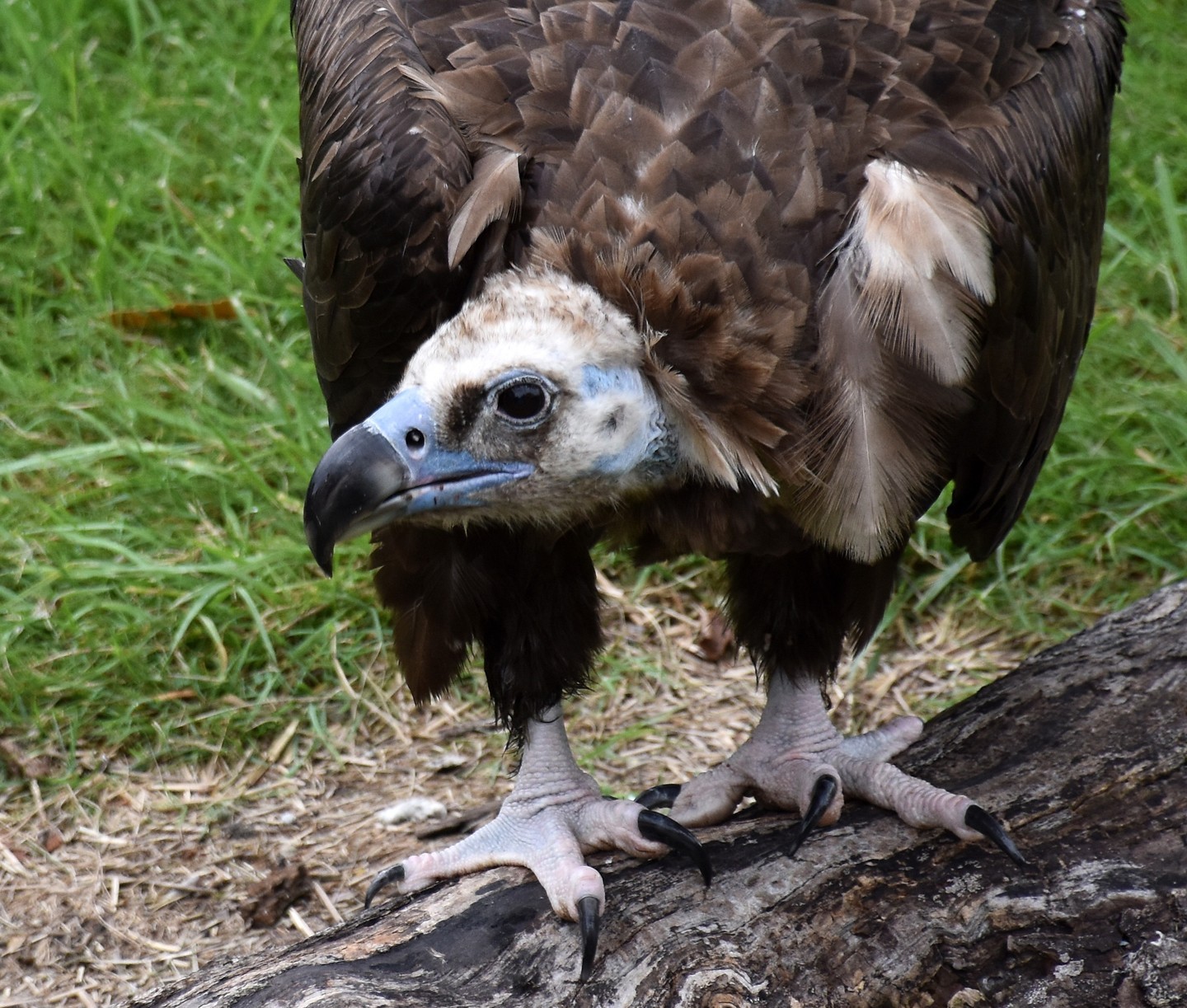Summary:
1. Vultures play a crucial role in cleaning the planet by efficiently consuming carcasses and preventing the spread of diseases.
2. Vultures possess highly acidic stomachs that aid in killing pathogens and reducing the risk of contamination.
3. These scavengers have specialized adaptations that enable them to feed on carcasses without getting sick.
4. The decline of vulture populations poses serious ecological consequences and highlights the need for conservation efforts.
5. Vultures are fascinating creatures with unique behaviors and characteristics that make them an important part of the natural world.
Did you know . . . Vultures help clean the planet? They efficiently consume carcasses that would otherwise slowly decay. Their highly acidic stomachs help to kill diseases before they can spread. It’s a dirty job, but they’re good at it!
Vultures, often misunderstood and underappreciated, are the unsung heroes of the animal kingdom. These majestic birds play a crucial role in maintaining the delicate balance of nature, specifically in the cleanup crew department. While their appearance may not be particularly appealing, their ecological services are invaluable.
When an animal perishes in the wild, its body begins to decompose, releasing a host of harmful pathogens into the environment. This natural decay process can significantly threaten other animals and even humans. However, vultures have evolved to tackle this issue head-on.
One of the key reasons why vultures excel at their cleanup duty lies in their highly acidic stomachs. These powerful digestive systems have a pH level reaching as low as 1, comparable to battery acid. This extreme acidity serves a vital purpose – it helps to kill the diseases present in the decaying carcasses that vultures consume.
As vultures feast on carcasses, the pathogens in the animal’s body come into contact with the high acidity of their stomachs. This acidic environment swiftly neutralizes and destroys the harmful microorganisms, preventing the spread of diseases. Essentially, vultures act as nature’s sanitizers, disinfecting the land from potential contagions.
What makes vultures even more fascinating is their ability to consume rotting flesh without falling ill. Unlike most animals, vultures possess a robust immune system that allows them to resist the effects of ingesting bacteria-laden meals. While other creatures would suffer from food poisoning or infections, vultures remain unscathed due to their unique biology.
Not only do vultures possess acidic stomachs, but they also have an incredibly efficient metabolism. Their digestive systems are designed to process large amounts of food quickly, minimizing potential pathogens’ time within their bodies. This fast-paced digestion further reduces the risk of vultures becoming carriers of harmful diseases.
Regrettably, vultures worldwide are facing a severe population decline. Habitat loss, poaching, and accidental poisoning have all contributed to their dwindling numbers. This decline is detrimental to these magnificent birds’ survival and carries serious ecological consequences.
The risk of disease outbreaks increases with fewer vultures to efficiently clean up animal carcasses. Rotting carcasses become potential breeding grounds for pathogens, threatening other wildlife and even humans. This highlights the urgent need to protect and conserve vultures to maintain a healthy ecosystem.
It’s worth taking a moment to appreciate vultures’ incredible adaptations and behaviors that make them a vital component of our natural world. These majestic birds have exceptional eyesight, allowing them to spot a carcass from kilometers away. They utilize thermals, rising columns of warm air, to soar effortlessly across the skies, conserving energy as they search for their next meal. Their bald heads may seem peculiar, but this feature helps them stay clean while feeding and prevents bacteria-laden feathers.
The breadth of vulture species worldwide is astounding. From the massive Andean condors with wingspans of up to 10 feet to the smaller yet highly agile palm-nut vultures found in Africa, each species has its place within the ecological tapestry. They testify to the wonders of evolution and the diversity of life on Earth.
In conclusion, vultures may not be the most traditionally attractive or charismatic creatures, but their role in cleaning the planet is undeniably significant. From their highly acidic stomachs that kill pathogens to their remarkable adaptations for feeding on carcasses, vultures are an essential part of the natural world. It’s time we recognize and appreciate the invaluable services they provide and work towards their conservation to ensure a healthier planet for all.
*****
Source Description
Did you know . . .
Vultures help clean the planet? They efficiently consume carcasses that would otherwise slowly decay. Their highly acidic stomachs help to kill diseases before they can spread. It’s a dirty job, and they’re good at it!
📷 Roy Lewis.


